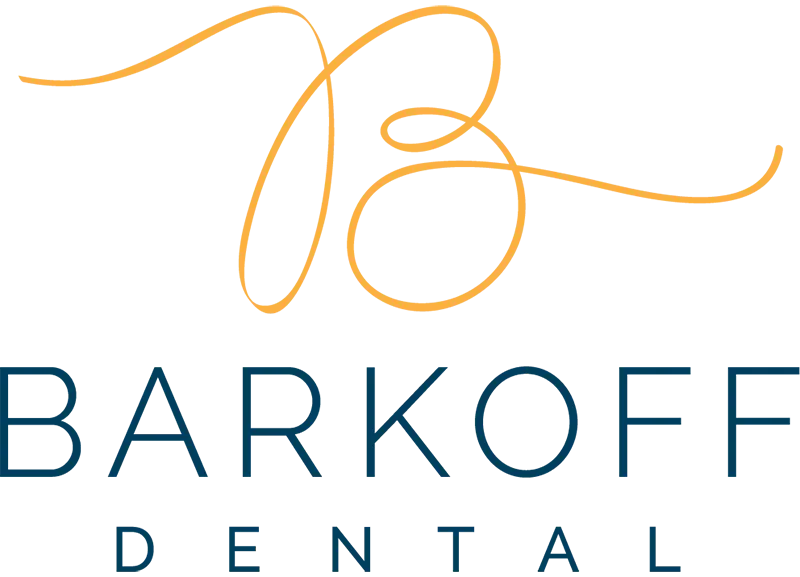Dentists recommend comprehensive exams and cleanings twice a year, but some patients are concerned that dental cleanings may damage their teeth. Cleanings remove plaque and tartar while preventing cavities and improving your overall oral health. Fortunately, there is no evidence that cleanings damage teeth in any way.
Benefits of Dental Cleaning
Cleanings brighten your smile and remove some surface stains. Far from posing a danger, dental cleanings have many health benefits. Following are several examples:
- Cleanings help to prevent cavities.
- Removal of plaque and tartar fights gum disease. Infections from gum disease could have broad-ranging health effects, including increases in diabetes, heart disease, and stroke.
- Twice-yearly examinations include oral cancer screenings.
The Dental Cleaning Process
It would be best to learn about the process to see why dental cleanings do not damage teeth. Here are the steps in dental cleaning.
Comprehensive Oral Exam
Before cleaning, the hygienist will examine your mouth. Using a mirror, they check around your teeth for signs of gum disease.
Cleaning Plaque and Tartar
Next, the hygienist uses a tooth scaler to eliminate plaque and tartar buildup on the gumline and between your teeth.
This step involves scraping, which is normal. The hygienist will not scrape off your tooth enamel.
The act of scraping may irritate your gums, especially if you have gingivitis or any other signs of gum disease. After scaling, your gums may bleed a little. In this case, you should focus better on brushing and flossing at home.
Polishing With Toothpaste
Next, the hygienist will use gritty toothpaste to polish your teeth. The texture of the toothpaste will not damage your enamel. Dental experts confirm that this type of toothpaste is safe twice a year.
Flossing
The hygienist will carefully floss your teeth and give you tips you can use at home. Many people neglect to floss, but it is a crucial step.
Fluoride Treatments
Fluoride treatments help to prevent cavities. A fluoride gel or paste goes into a mouthpiece that you wear for one minute. Many dentists offer fluoride treatments at the end of every cleaning.
Home Care Tips
If you want to cut back on time spent in the dentist's chair at your twice-annual cleanings, here are some tips on proper home care.
First, use fluoride toothpaste twice a day. Use a two-minute timer and brush your teeth. Please focus on the gum line and the tooth itself. Brush the areas on the inside and outside of your teeth. You may want to use an electric toothbrush.
Next, floss at least once a day. Be sure to get down into the crevices and to your gums. This step will help to ward off gum disease. Choose between regular floss and a flossing pick.
Use a fluoride mouth rinse as directed. This step will help to prevent cavities from forming.
Avoid using toothpaste or other preparations with activated charcoal on your teeth because these will damage your enamel.
Will Dental Cleanings Damage Teeth?
No evidence exists that dental cleanings damage the teeth or enamel. You can confidently get biannual cleanings without worry.
Contact Us Today
Dental cleanings have many benefits for your oral and overall health. Call Barkoff Dental at 516-921-1133 to make an appointment today.

